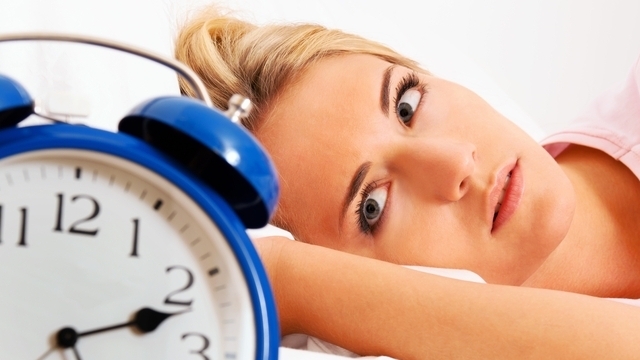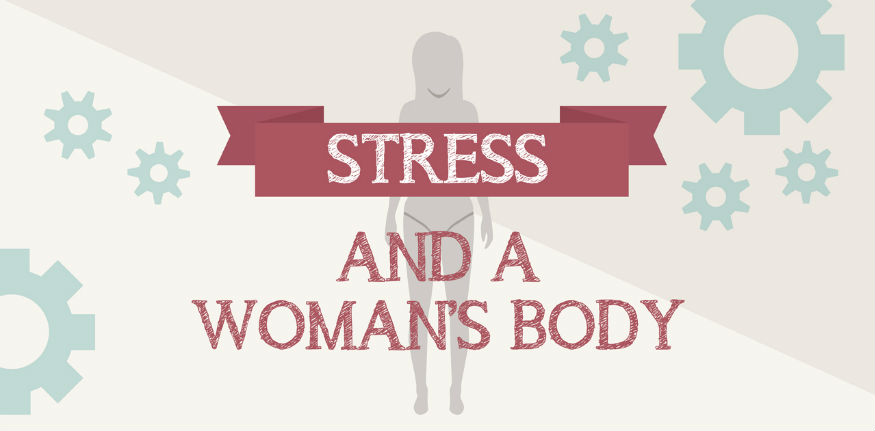 Erwin Wodicka/Photospin
Erwin Wodicka/Photospin
An estimated 30 to 50 percent of the American population experience insomnia. (1) Those who suffer with insomnia have trouble falling asleep, difficulty staying asleep or both. Insomnia can be acute or chronic, primary or secondary.
Desperate for a good night’s sleep, an insomniac may resort to sleeping pills or alcohol. Finding the underlying medical or emotional cause of Insomnia is a much more effective approach to treating insomnia.
Acute Insomnia
Acute insomnia is a common sleep disorder, which can last for one night or up to a month. Short term insomnia is often a response to a specific situation. Jet lag, a change in shift work, stressful situations like loss of a job or exam preparation, hospitalization, and an uncomfortable room temperature can prevent you from sleeping well.
Fluctuations in the female hormones during menstruation, pregnancy and menopause contribute to temporary periods of insomnia. Caffeine, the nicotine in tobacco and a snoring partner will cause acute insomnia. (3) Acute insomnia may not require treatment and resolves once the underlying problem is corrected.
Chronic Insomnia
Chronic insomnia is a long term sleep disorder, which can last for one month or longer. Many times, chronic insomnia is a symptom or side effect of a medical condition, such as COPD, GERD or obstructive sleep apnea.
Anxiety, depression, ADHD and post-traumatic stress disorder are the underlying cause of many cases of chronic insomnia. (3) Insomnia is a side effect of two antidepressant medications, fluoxetine and bupropion. (3)
Theophylline, a drug used to treat respiratory conditions, lamotrigine, a drug prescribed to treat certain types of seizures, felbamate, a medication reserved for case of severe or difficult to manage epilepsy, beta-blockers often used to treat angina and beta-agonists, used to open respiratory airways during an asthma attack or with COPD can cause chronic insomnia.
Substance abuse, particularly, alcohol, cocaine and sedatives, accounts for about 10 to 15 percent of all cases of long term insomnia.
Primary Insomnia
Primary insomnia is a distinct sleep disorder and cannot be attributed to a medical, psychiatric or environmental cause. A person with primary insomnia has a long history of difficulty falling asleep, staying asleep or having a restful sleep. Sleep disturbances which last one month or longer impair normal daytime functioning.
Prolonged periods of stress can perpetuate worry about the sleeplessness leading to learned or behavioral insomnia. A person’s work schedule that disrupts sleep routine, such as working alternating shifts, is a cause of primary insomnia.
Lifestyle changes can help. Avoid caffeine, especially after midday. Do not drink alcoholic beverages, eat a heavy meal or use tobacco close to bedtime.
Exercise during the day, but not before bedtime. Avoid daytime naps and establish a sleep routine. Make your bedroom comfortable by controlling the temperature, noise level and lighting.
Secondary Insomnia
Most people are thought to have secondary insomnia, which is a symptom or side effect of a medication, medical or psychological condition or substance use. The same health issues and medications that cause chronic insomnia are attributed to secondary insomnia. Stimulants like caffeine, products that contain nicotine and sedatives such as alcohol can cause sleep disturbance. Chronic pain and hyperthyroidism can disrupt sleep.
Consult your physician if you are distressed by insomnia. Based on your medical history, sleep history, a physical examination and a sleep study, if necessary, your physician can usually make a diagnosis. Identifying the cause, making necessary lifestyle changes and taking prescribed sleep-inducing medications, if needed, can help you improve your sleep.
Sources:
(1) emedicinehealth: Insomnia, Dec. 22, 2011
http://www.emedicinehealth.com/insomnia/article_em.htm
(2) National Heart Lung and Blood Institute: What Is Insomnia? Dec. 22, 2011
http://www.nhlbi.nih.gov/health/health-topics/topics/inso/
(3) University of Maryland Medical Center: Insomnia- Causes of Chronic Insomnia, Dec. 22, 2011
http://www.umm.edu/patiented/articles/what_causes_chronic_insomnia_00002...
Reviewed December 28, 2011
by Michele Blacksberg RN
Edited by Jody Smith






Add a CommentComments
There are no comments yet. Be the first one and get the conversation started!